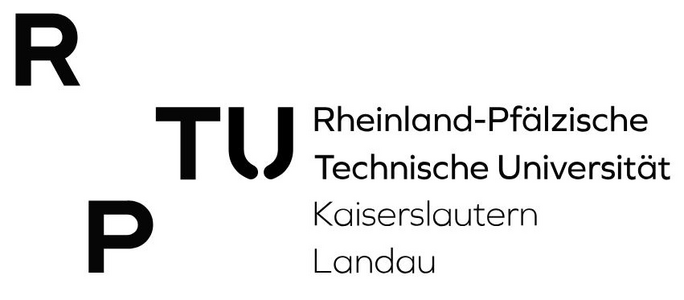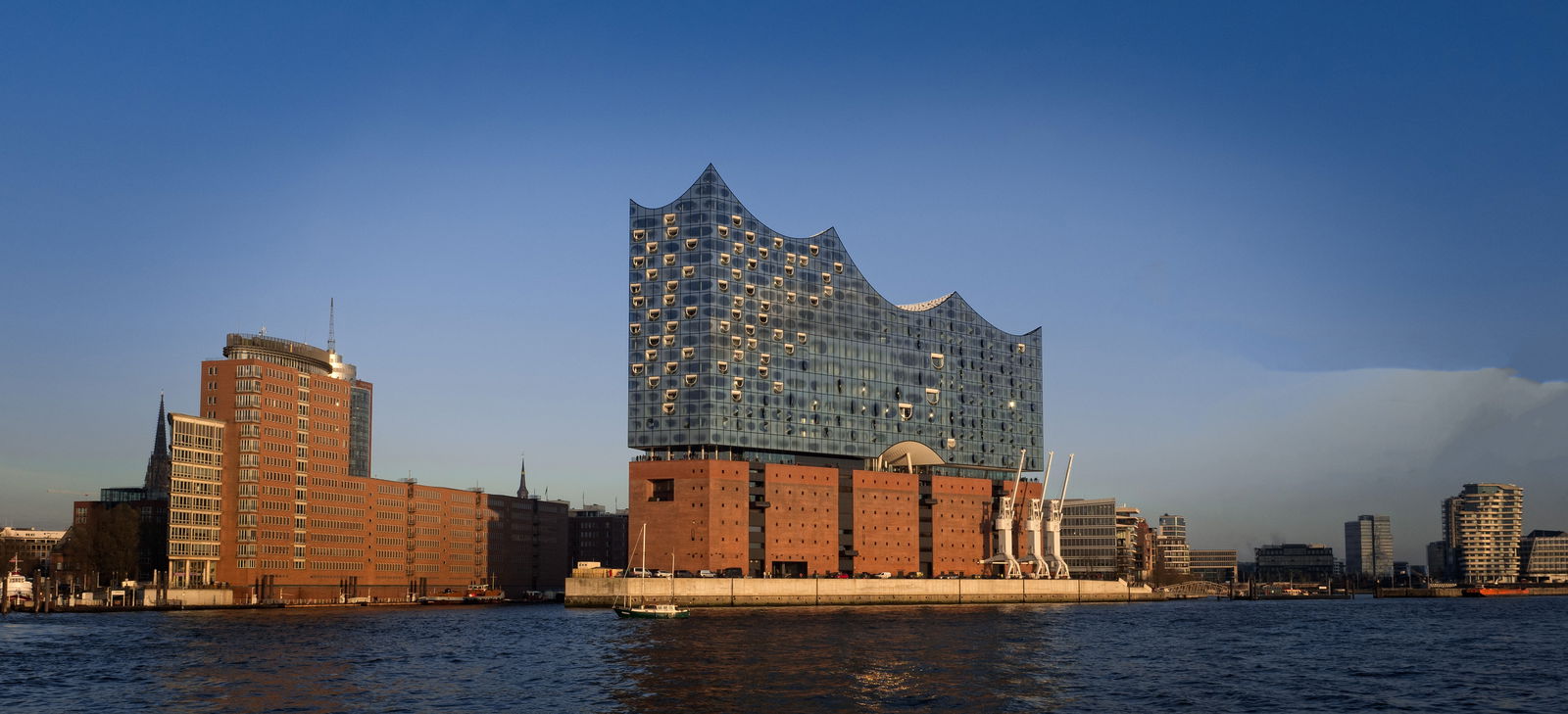Working in Berlin
Berlin – science, art and currywurst in the capital

Academics and researchers have a lot of job opportunities in Berlin © eixeneize / iStock.com
As Germany's largest city, Berlin is both the capital and the seat of government. It is also exceptionally rich in history. In a divided Germany, the Berlin Wall split the city into east and west for 28 years until its fall in 1989. Today, Berlin offers a vibrant blend of past and present and is experiencing business and academic growth.
Updated: 2025-02-07
Berlin as a research location
Berlin has a wealth of job opportunities for academics and researchers. With eleven state universities, two denominational universities and around 30 state-recognized private universities and 3.8 million inhabitants, Berlin is Germany's biggest university city. Three of the city's four universities are winners in the federal Initiative for Excellence and therefore receive millions in state funding each year as well as The Charité, Europe's largest medical faculty. Several colleges of art and music provide a platform for subject areas such as design, visual and performing arts, music and drama.
Berlin is also home to more than 70 research institutions including
- 5 Max Planck Institutes
- 4 institutes of the Fraunhofer-Gesellschaft
- 2 research centers of the Helmholtz Association of German Research Centres (and one site of the German Aerospace Center, DLR)
- 14 institutes of the Leibniz Association
The city's main focus, however, is on cooperation between the worlds of academia and business, especially in the fields of transportation, biotechnology and medical technology, IT and media.
History
Berlin was officially founded in 1237, with the famous bear appearing in the city's heraldry as early as 1280 although not as the main figure. In 1871 Berlin became the capital of the newly founded German Empire for the first time and a centre of academic, commercial and cultural life.
Following Germany's defeat in the Second World War, Berlin was divided into four sections and administered jointly by the four allied powers. While the western sectors of the country became the German Federal Republic in 1949 with Bonn as the capital, Berlin remained the only city through which the border ran and therefore with an east and west part and special Allied status. East Berlin became the capital of the German Democratic Republic (GDR). It was not until German reunification in 1990 that Berlin became the country's capital once more.
An insight into Berlin's varied history can be obtained by visiting some of the many museums, including the Berlin Wall Museum at Checkpoint Charlie (the best-known former border crossing point between East and West Berlin) or Berlin's Museum Island – a unique ensemble of museum buildings in the heart of Berlin and a UNESCO World Heritage Site.
Living in Berlin
"Poor but sexy" is how Berlin's former mayor Klaus Wowereit once described his city. Berlin is now experiencing a recovery, even in these times of crisis. Infrastructure is being developed at all levels. The public transport system is growing all the time while the the opening of the airport Berlin Brandenburg (BER) in 2020 enhanced mobility.
To find a nice apartment in Berlin isn't easy – as well as in other major German cities. But: From the academic district of Prenzlauer Berg to leafy Köpenick or alternative Kreuzberg, Berlin has something for everyone.
With over 2,500 public parks and recreational areas, countless lakes and surrounding countryside such as the Spree Forest, there are attractive leisure destinations at all times of year.
Typical aspects of Berlin
People from Berlin are known for their cheeky but charming 'bark'. Major events such as the Carnival of Cultures and the Berlinale, one of the most important international film festivals, are just some of the diverse arts and cultural activities available.
Berlin also has much to offer on the culinary side: in addition to star-rated restaurants, there are food stalls on every corner so you can enjoy what is reportedly the best currywurst in Germany. For some musical accompaniment, you can listen to one of the many organ grinders roaming the streets, traditionally with a monkey on their shoulder.








